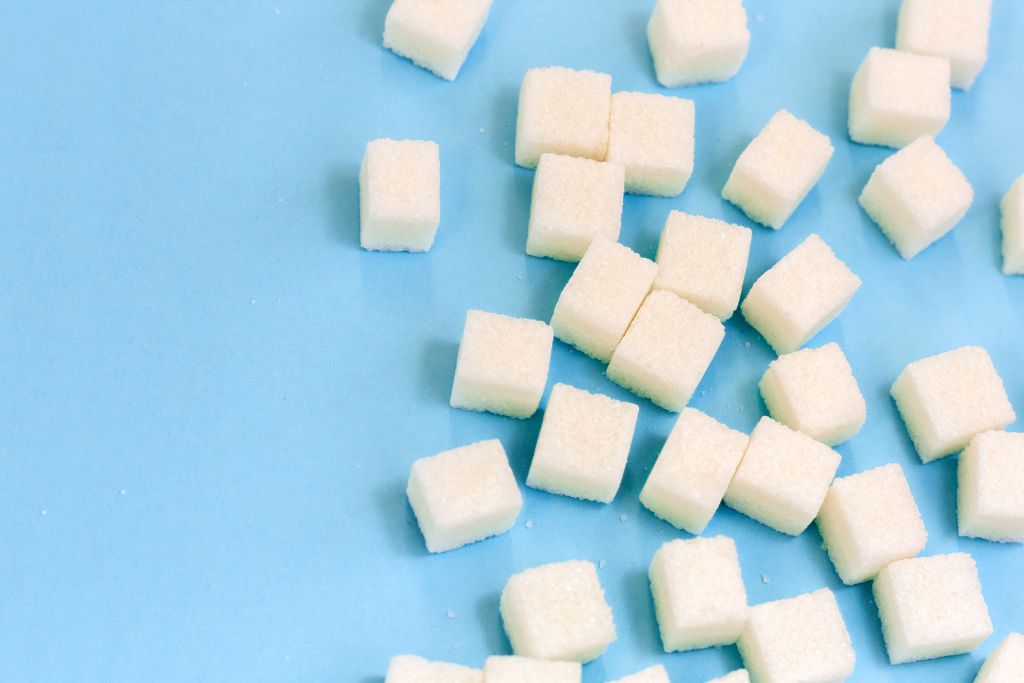
How Obesity and Metabolic Health Can Impact Your Cancer Risk
Researchers have been focusing the majority of their efforts on analyzing the relationship between insulin resistance and inflammation as it relates to the development of cancer. On the other hand, the condition of the metabolic systems in the body is of equal importance. In order to maintain a healthy metabolism, it is necessary to consume a diet rich in a variety of nutrients, engage in regular physical activity, develop good sleeping habits, and learn to effectively manage stress. In addition to this, it is dependent on a number of factors that are outside of your control, such as your age, gender, and the genetic composition of your body.
Insulin Resistance
Insulin transports glucose to cells for energy. Insulin resistance can lead to diabetes and pre-diabetes.
Insulin resistance increases your risks of cancers linked to obesity, such as colon, breast, and prostate. This is partly because cancers rely on sugar to grow, and insulin turns on proteins that allow cancer cells to take up blood sugar for fuel.

Chronic low-grade inflammation from excess fat stimulates cell proliferation and can cause nonalcoholic fatty liver disease and gallstones, which raise the risk of gallbladder, pancreas, and bile duct malignancies (53, 54). Exercise reduces insulin resistance.
Hormone Imbalance
The adipokines leptin and adiponectin have anti-inflammatory, proapoptotic, and anti-angiogenic properties, which could be beneficial in reducing cancer risk (69). However, these effects are likely to be mediated by obesity.
Circadian clocks in the brain and peripheral tissues control physiology, metabolism, and behavior. Obesity and eating practices disturb these rhythms.

Hormonal changes make you more likely to get cancers that are sensitive to hormones, like endometrial, ovarian, and breast cancer in women and prostate cancer in men. This is because estrogens make cells multiply, while progestins stop them from doing so.
High Blood Pressure
High blood pressure (BP) can affect a person’s risk for cancer. This is because a person’s body may develop changes that can increase their risk for kidney cancer or other problems.
People should keep a healthy weight and stay away from bad habits that can cause high blood pressure. If they have high blood pressure, they should also talk to their doctor about changes they can make to their lifestyle or drugs they can take.

Previous observational studies have shown that a higher BP is linked to a higher chance of cancer overall and of some types of cancer that only happen in certain places. But secondary analyses of RCTs have found that the results aren’t always the same and that long follow-up times make it hard to find real connections.
High Blood Sugar
Many people think that cancer grows faster and gets worse when sugar is eaten. All cells get their energy from glucose (sugar), but tumors use it up even faster than regular cells. This extra energy is what helps cancer cells grow and spread.
While most cancers have a complex etiology, a number of studies show that high carbohydrate intake is associated with an increased risk of certain types of cancer. These include postmenopausal breast, colorectal, primary liver and endometrial cancers.

Before changing your diet, consult your doctor. A low-sugar diet may reduce cancer risk. Following a diet that works for you is vital because limiting sugar and sweetened drinks altogether might cause cravings and weight gain.
Diabetes
Even though there isn’t a clear link between carbs and cancer, diabetes-related obesity can increase the risk of cancer by increasing insulin and insulin-like growth factor 1 (IGF-1), causing inflammation, and messing up the way apoptosis works. Carbohydrates can also cause fatty liver disease in people who don’t drink much booze, pancreatic cancer, and hepatocellular carcinoma (HCC).

Metabolically healthy obese people (MONW), particularly women, have lower cancer rates, according to several cohort studies. The definition of metabolic health and the utilization of different geographies and cohorts may explain the conflicting outcomes. Thus, more investigation is needed.
A link to “How to Care For Your Teeth During Holidays” in “How Obesity and Metabolic Health Can Impact Your Cancer Risk” can aid readers. Holidays are indulgent, therefore dental health is important. Brushing, flossing, and limiting sugary sweets reduce tooth decay and oral health issues. This website advises users on holiday dental hygiene, emphasizing comprehensive health management.
